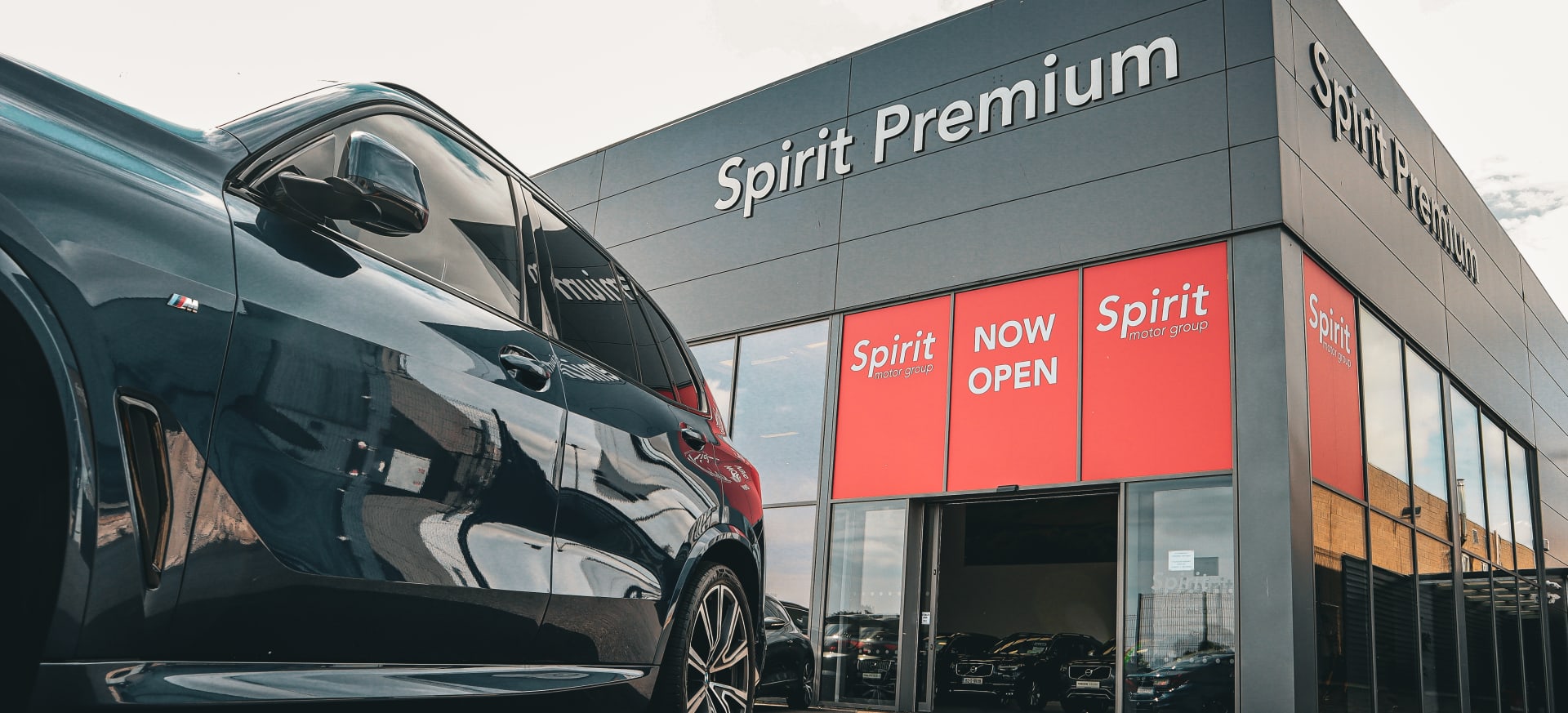When we think about the fuel that powers our cars, it is easy to assume that one type is pretty much like another. Yet, just like there are various kinds of clothes for different weather or distinct sorts of Pokémon creatures with their own strengths, motor spirit also comes in a few different forms. We group these fuels based on their particular qualities and what they are best suited for, which is a bit like how we classify different personality types or even the various values you might find in computer code. Understanding these groupings helps us pick the right one for our vehicle, you know, to make sure it runs as it should.
You see, the idea of a "type" really points to a specific kind, a class, or a particular group of something. This concept applies whether we are talking about biological cell types, or even different sorts of bread you might find at a bakery. For motor spirit, these classifications help us sort out the various options available at the pump. It helps us figure out which one might be a better fit for a car's engine, making sure everything works smoothly.
Picking the correct motor spirit can make a real difference in how a car performs and how long it lasts. It is not just about filling the tank; it is about providing the right kind of energy for that specific machine. So, learning about these distinctions can be quite helpful for anyone who drives, or just wants to keep their vehicle in good shape, actually.
Table of Contents
- What Makes a Premium Motor Spirit Different?
- Do All Cars Need Premium Motor Spirit?
- The Higher Octane Types of Premium Motor Spirit
- Additives and Their Role in Types of Premium Motor Spirit
- Are There Specialty Types of Premium Motor Spirit?
- How Does Your Car Benefit from Different Types of Premium Motor Spirit?
- Making the Best Choice Among Types of Premium Motor Spirit
What Makes a Premium Motor Spirit Different?
When we talk about premium motor spirit, we are generally referring to a particular kind of fuel that stands apart from the regular stuff. This distinction is often about what is called "octane rating." Think of it a bit like different types of fruit; they are all fruit, but some have different sugar levels or textures. Higher octane numbers indicate a fuel's ability to resist "knocking" or "pinging" in an engine, which is basically an uncontrolled combustion event that can hurt engine parts. So, a premium fuel is formulated to burn in a more controlled way, especially in certain engines. It is almost like a special recipe, if you will, for a smoother burn inside the engine's combustion chambers. This means it can often help an engine perform better, particularly those designed for it. You see, the engine's computer expects a certain kind of burn, and premium motor spirit is built to deliver that more consistently.
Do All Cars Need Premium Motor Spirit?
That is a really common question, and the simple answer is no, not every car needs premium motor spirit. It really depends on what the car's maker suggests. Some vehicles are specifically designed to run on regular fuel, and using premium will not give them any extra benefit. It is like trying to put a square peg in a round hole; it just does not fit right, or rather, it does not do anything extra. However, other cars, especially those with high-performance engines or turbochargers, are built with premium fuel in mind. For these machines, using a lower octane fuel can actually cause issues over time, like reduced efficiency or even some wear and tear on engine parts. So, checking your car's owner's guide is the best way to figure out what your particular vehicle needs. It is usually pretty clear in there, you know.
Understanding the Types of Premium Motor Spirit
Within the broad category of premium motor spirit, there are, in fact, different sorts or varieties. These types are often distinguished by their octane ratings, which is a measure of how much the fuel resists igniting too early under pressure. For example, you might see fuels labeled with 91, 93, or even 95 octane numbers at the pump. These numbers represent distinct classes of premium fuel, each with its own characteristics. It is a bit like how different types of fish are all fish, but they have different traits and live in different environments. Some premium fuels might also have special cleaning agents added to them, which gives them another way to be categorized. These additives are meant to keep engine parts cleaner, which can help with the engine's overall health. So, when you look at the pump, you are not just seeing "premium," but rather different types of premium motor spirit, each with its own specific blend and purpose.
- Willow Smith Eye Colour
- What Is Jordan Matters Net Worth
- Baby French Girl Names Meaning Blue
- Youngest Actor Age
- Engagement Wishes For Daughter
The Higher Octane Types of Premium Motor Spirit
When we talk about premium motor spirit, a major way we sort them is by their octane number. You will often see fuels labeled with numbers like 91, 93, or even higher, depending on where you are. These numbers tell us how well the fuel can handle compression without igniting too soon. Think of it like this: some engines are built to squeeze the fuel-air mixture very tightly before the spark plug fires. If the fuel ignites before the spark, it creates that "knocking" sound, which is not good for the engine. Higher octane fuels are better at resisting this early ignition. So, a 93 octane fuel, for example, is a different kind of premium motor spirit than a 91 octane, because it has a greater ability to resist that premature burn. This makes it suitable for engines that run at very high compression ratios, or those with forced induction systems like superchargers or turbochargers. Basically, the higher the number, the more resistant the fuel is to knocking under stress, which is pretty important for certain vehicle designs.
Additives and Their Role in Types of Premium Motor Spirit
Beyond just the octane rating, another way to distinguish between different types of premium motor spirit is by the special chemicals, or additives, that are blended into them. These are not just random additions; they serve specific purposes, like keeping the engine's fuel system clean. Some premium fuels might include detergents that help prevent carbon deposits from building up on engine parts, such as the fuel injectors and intake valves. This is a bit like how different types of soap have different cleaning properties. Other additives might work to reduce friction or protect against corrosion. These extra ingredients mean that even if two premium fuels have the same octane rating, they could still be considered different types of premium motor spirit because of their unique additive packages. These special mixes are designed to keep the engine running smoothly and efficiently over time, helping to maintain its good condition. So, it is not just about the raw fuel, but also about the extra care put into its formulation, you know.
Are There Specialty Types of Premium Motor Spirit?
Indeed, there can be what you might call "specialty" types of premium motor spirit, though these are less common for the everyday driver. These are often fuels designed for very specific uses, perhaps for racing vehicles or highly modified performance cars. They might have even higher octane ratings than what you typically see at the pump, or they could contain unique blends of components that are not found in standard premium fuels. Think of it a bit like specialized tools for a particular job; a regular wrench works for most things, but sometimes you need a very specific kind of tool. These specialty fuels are engineered to meet the extreme demands of engines operating at their absolute limits. They are not something you would usually put in a family sedan, as the benefits would be minimal, and the cost would be much higher. So, while most of us will stick to the more common types of premium motor spirit, it is good to know that these more specific versions exist for those who need them, too.
How Does Your Car Benefit from Different Types of Premium Motor Spirit?
The way your car benefits from different types of premium motor spirit really comes down to its design. For vehicles that specifically ask for premium fuel, using the correct octane level helps the engine perform as it was meant to. This means you might notice smoother acceleration, or perhaps a bit more responsiveness from the engine. It is like giving a plant the exact kind of soil it needs to grow best. The higher octane fuels prevent that harmful knocking, which protects the engine from wear and tear over time. For cars that do not require premium, using it typically does not offer any noticeable gain in power or fuel economy. However, some premium types of motor spirit that contain advanced cleaning additives could offer a long-term benefit by keeping the engine's fuel system cleaner. This might help maintain the engine's efficiency and lifespan. So, the benefit is often about protecting the engine and ensuring it runs optimally according to its original specifications, which is pretty important.
Making the Best Choice Among Types of Premium Motor Spirit
Choosing the right type of premium motor spirit for your vehicle does not have to be a complicated decision. The most straightforward approach is to simply check your car's owner's manual. That little book usually tells you exactly what kind of fuel your car needs and what octane rating is recommended. If it says "premium required," then using one of the higher octane types of premium motor spirit is a good idea. If it says "premium recommended," you have a bit more flexibility, but using premium could still offer some advantages. For cars that only need regular fuel, there is generally no reason to spend extra money on premium, as it will not make your car run better or go further. Paying attention to any specific additives mentioned by the fuel supplier can also be a consideration, especially if you are interested in keeping your engine as clean as possible. Ultimately, making the best choice means understanding your car's needs and matching them with the appropriate fuel, which is pretty much what it comes down to.
- Indian Couple
- What Is Dennis Rodman Net Worth
- Dan Bongino Education
- What Is The Happiest Demographic
- Jonathan Cheban Plastic Surgery



Detail Author:
- Name : Chet Renner
- Username : nhoppe
- Email : dlabadie@hotmail.com
- Birthdate : 1979-07-21
- Address : 5611 Abbott Row Keaganmouth, NY 86253
- Phone : +1-680-605-1245
- Company : Frami, Treutel and Gaylord
- Job : Mining Engineer OR Geological Engineer
- Bio : Velit tempora ipsum veniam ipsam rem ex placeat. Eius atque at omnis tempora. Ipsa ipsa quia mollitia provident.
Socials
facebook:
- url : https://facebook.com/nicholaus.witting
- username : nicholaus.witting
- bio : Sunt cumque magnam eum eos qui dolorum maiores.
- followers : 6364
- following : 1494
twitter:
- url : https://twitter.com/nwitting
- username : nwitting
- bio : Aspernatur quae voluptas ipsum delectus ab earum consectetur. Nulla repellat labore ullam quod. Aut labore est aliquid. Ut vero id ipsam et in nam.
- followers : 6568
- following : 819
instagram:
- url : https://instagram.com/nicholaus548
- username : nicholaus548
- bio : Totam nam ut rerum at ratione. Qui ut voluptatem odit voluptates. Quo voluptas atque quod.
- followers : 3825
- following : 1510
tiktok:
- url : https://tiktok.com/@nwitting
- username : nwitting
- bio : Ipsum nihil voluptatibus voluptatem iusto.
- followers : 3234
- following : 1202
